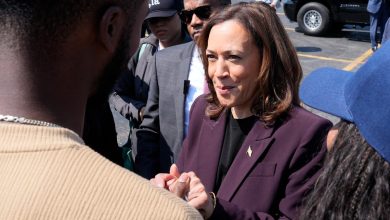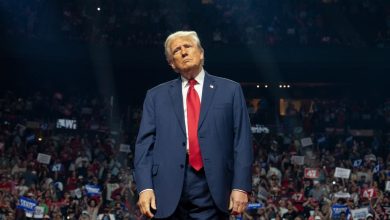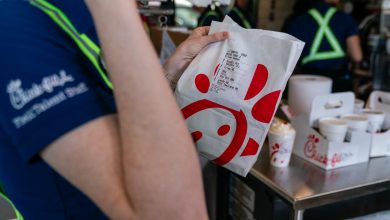Trump brazenly asks Bronx crowd if he was ‘hotter’ before or after becoming president
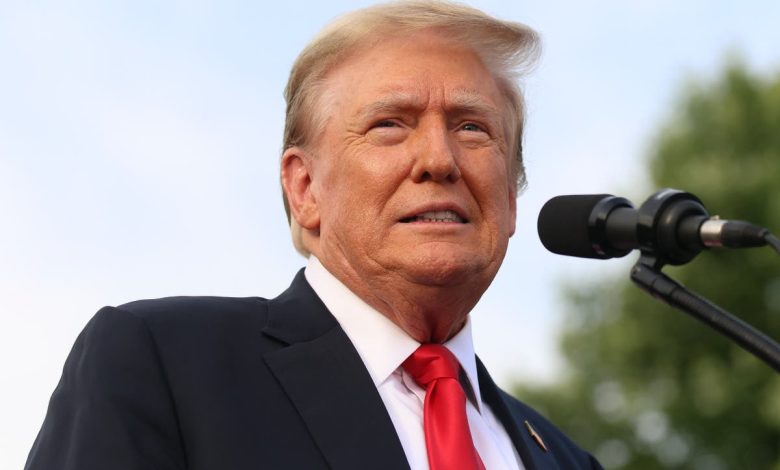
Donald Trump has bragged that he was as “hot as a pistol” as he indulged in his own popularity both before and after becoming US president while at his rally in the Bronx.
Speaking at a rally in New York for the first time in eight years, 3,500 people gathered in Crotona Park, South Bronx, on Thursday evening to listen to the Republican presidential candidate.
Drifting away from another anecdote, Mr Trump boasted to the audience about just how “hot” he was, repeating the word five times within a 30 second stint.
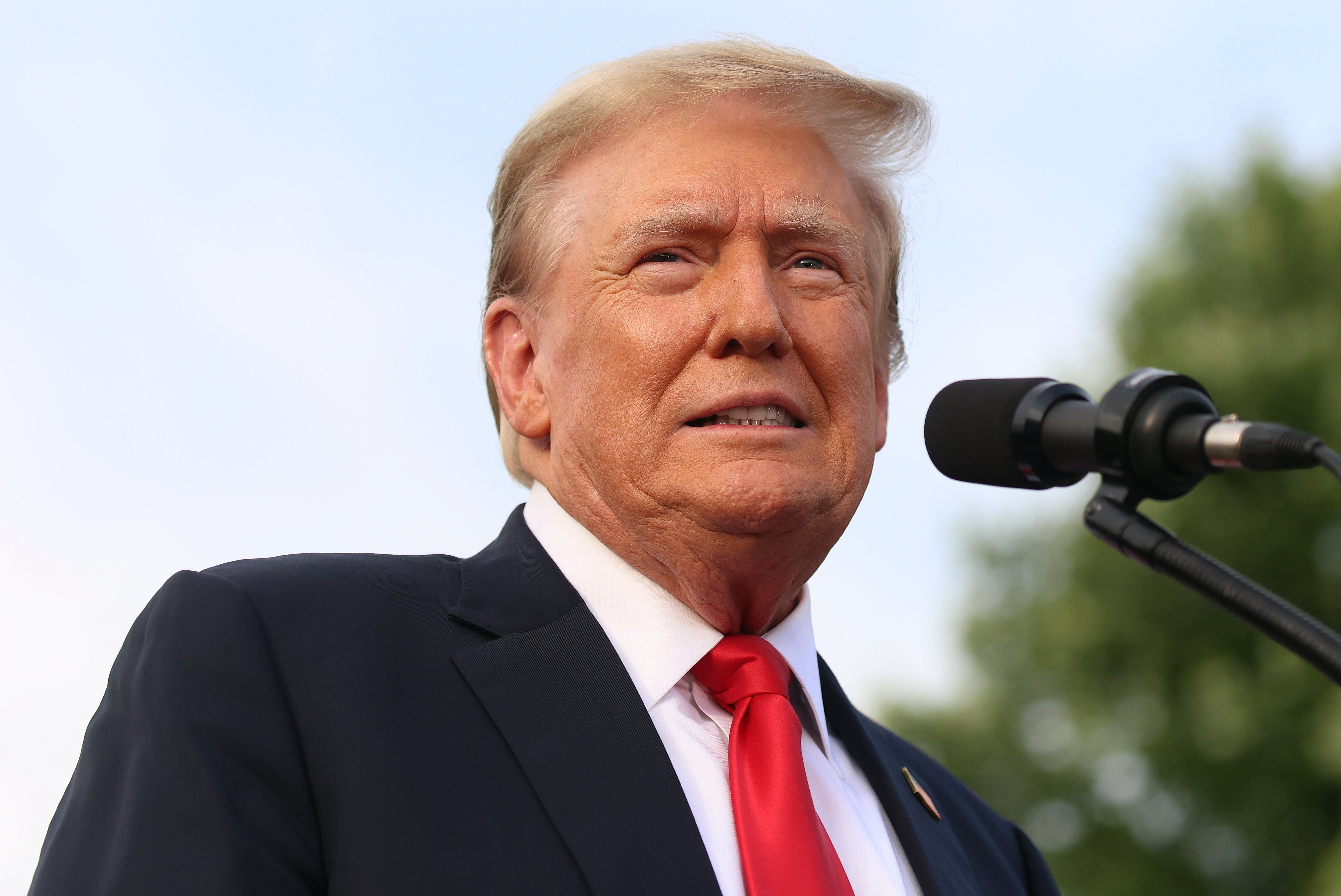
“I was doing great, I was sort of like a hot guy. I was hot as a pistol. I think I’m hotter than I am now and I became president,” the ex-president told the crowd.
“I asked somebody, was I hotter before or hotter now. I don’t know… Who the hell knows? Who the hell cares?,” he added.
Making a neat segue to his own political prowess, Mr Trump continued: “You have to always keep moving forward. And when it’s your time you’ve got to know it’s your time.
“And I said to myself in terms of politics, ‘You know what: we did so well in number one and we did even better in number two… we’ve got to do it again. I’m not doing it for myself, I’m doing it to make America great again,” he added.
For most of the rally, Mr Trump largely played the hits from his 2016 presidential campaign, calling for Hillary Clinton to be “locked up”, quoting anti-migrant fable “The Snake” and telling his supporters that the subway is “worse than a third world country”.
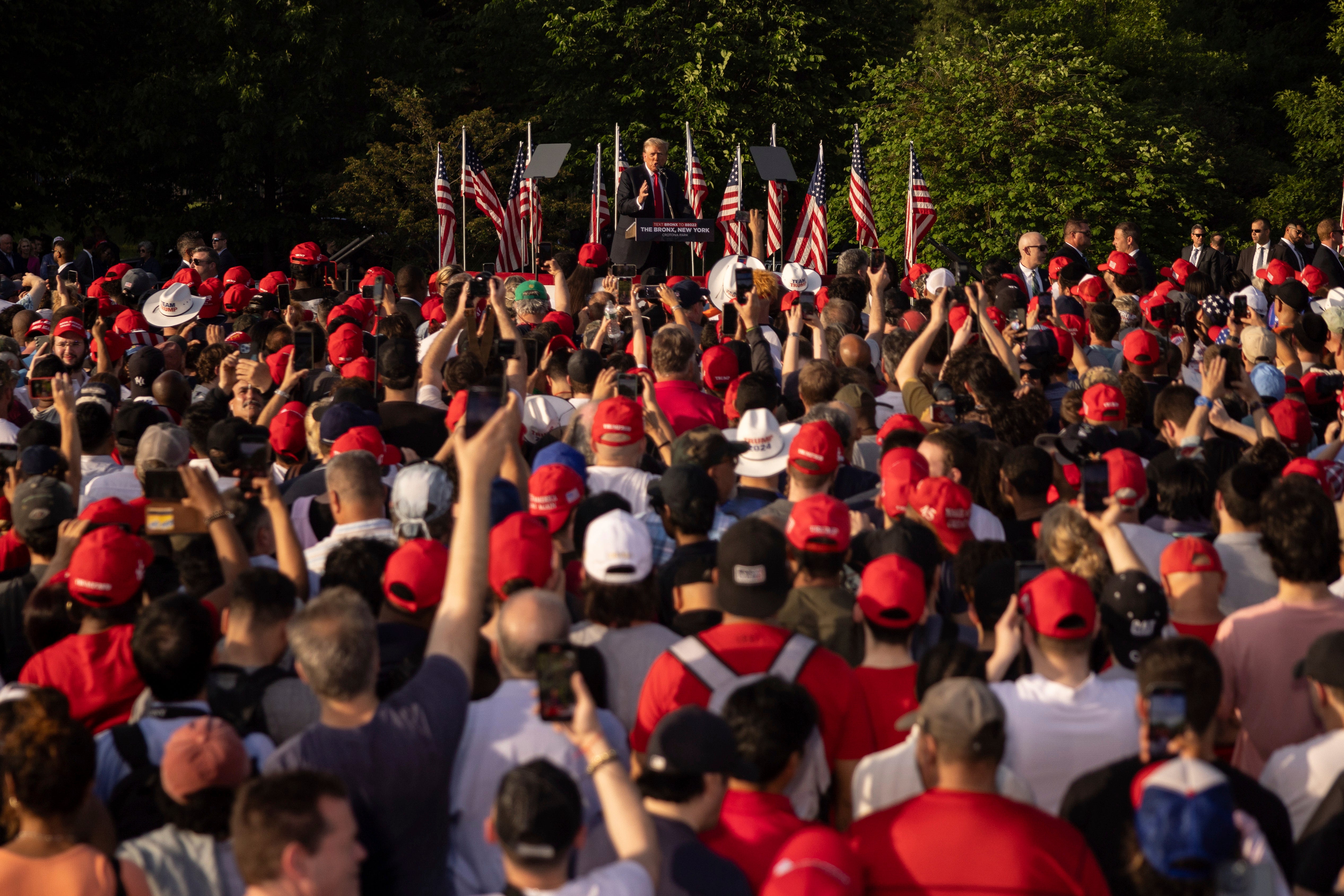
Crotona Park is among New York’s most diverse areas.
More than 56 per cent of the Bronx’s citizens are Hispanic, and a further 28 per cent are Black, according to latest census data.
“The biggest negative impact [of illegal immigration] is against our Black population and our Hispanic population, who are losing their jobs, losing their housing, losing everything they can lose,” Mr Trump claims.
He is seemingly attempting to make inroads with ethnic minority voters, hoping it can bolster his support in traditionally Democratic strongholds and swing states.




